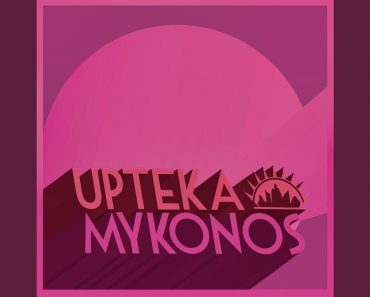Today marks 100 years since the birth of Mikis Theodorakis, the legendary Greek composer and political activist, born on July 29, 1925. With a life that spanned nearly a century, Theodorakis left an indelible mark not only on music and culture but also on Greece’s political and social history. He passed away on September 2, 2021, at the age of 96, leaving behind a legacy that continues to inspire.
Throughout his life, Theodorakis remained an unwavering voice of conscience—outspoken, passionate, and unafraid to challenge authority. He spoke publicly and often about both his artistic journey and his political convictions, becoming as renowned for his activism as for his musical genius.
In revisiting the words of Theodorakis, drawn from interviews and public statements, we find the essence of a man who embodied the spirit of resistance and the will for national unity.
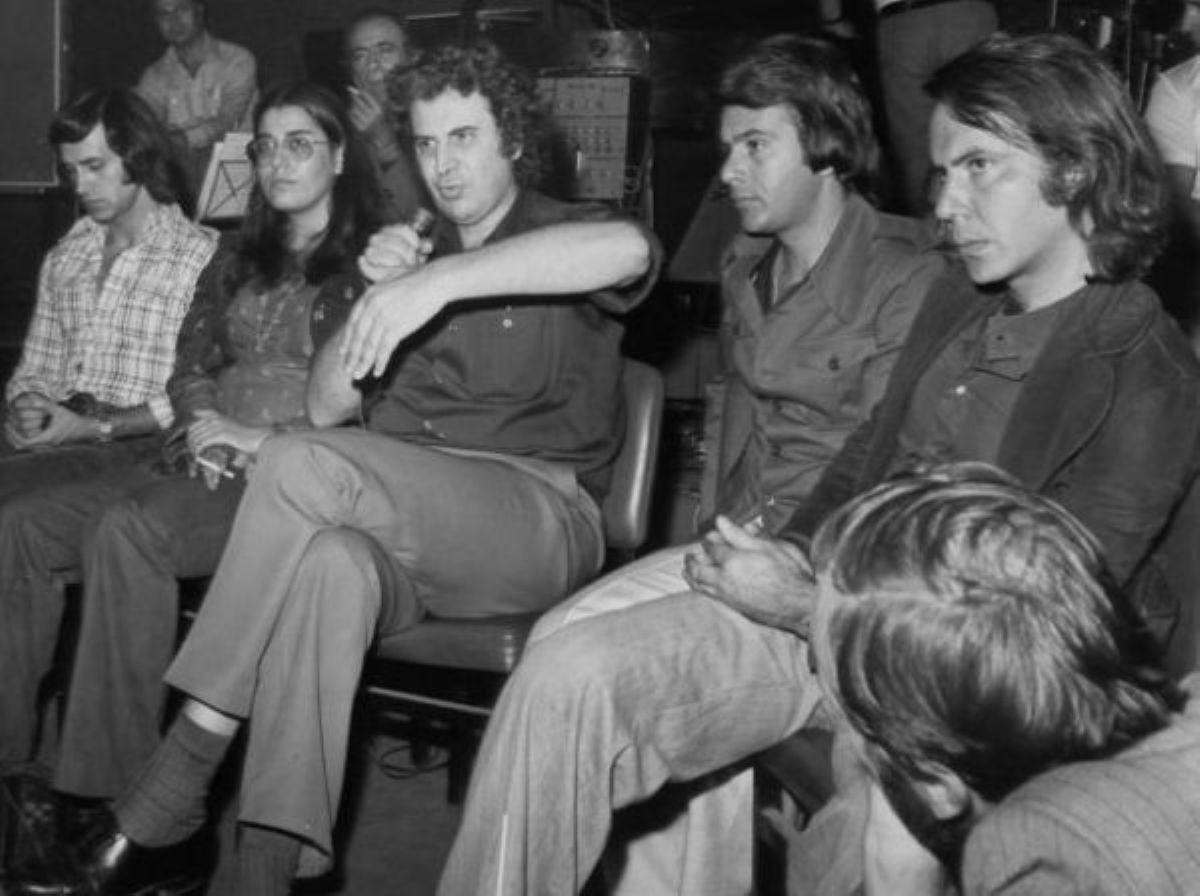
A Voice Against the Junta
In 1976, just two years after the fall of the military dictatorship that gripped Greece from 1967 to 1974, Theodorakis spoke to the newspaper Ta Nea. As one of the most prominent opponents of the regime, both in Greece and abroad, his insights shed light on the political climate of the time.
Reflecting on the coup of April 21, 1967, he remarked:
“My view of the situation after April 21 was broadly this: the colonels’ coup was, in the long term, a major mistake on the part of the Americans. It was executed carelessly, despite its apparent initial success, and clearly served short-term objectives of U.S. policy—especially concerning the crisis in the Middle East. Politically, I believed the junta was dead before it was even born.”
He went on to express deep disappointment in Greece’s political class:
“Second conclusion: a complete bankruptcy of the country’s political forces. New representatives were urgently needed—those who could express the will of the overwhelming majority of the people, who were trapped between the brutal reality of the junta and the inability of their political and social representatives to respond in any meaningful way.”
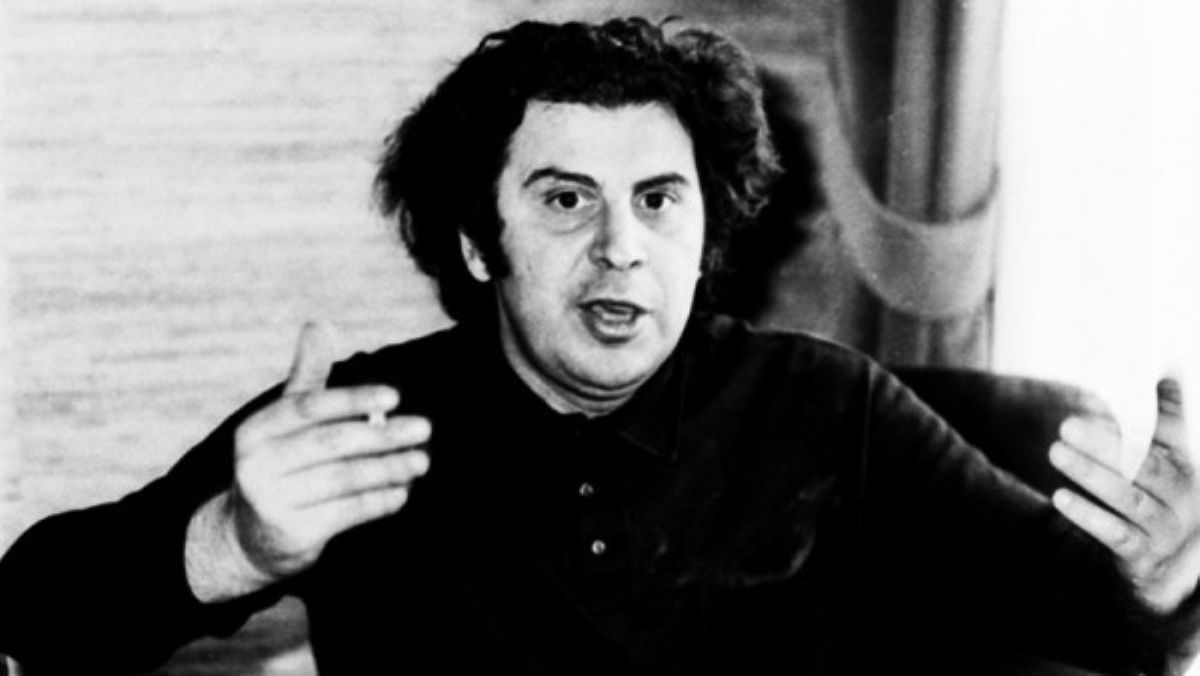
Resistance Begins
Just two days after the coup, on April 23, 1967, Theodorakis issued a public statement addressed to the international community, from his position as an elected member of parliament.
“The purpose was clear: to break the regime’s monopoly on public discourse and to show the world that forces existed, even then, that were prepared to stand against the dictatorship.”
But statements alone were not enough. Theodorakis quickly moved to organize a structured resistance, despite immense personal risk:
“The conditions were extremely harsh—especially for me, as I couldn’t even move in daylight—but I managed to contact the first of my comrades quickly. That’s how the foundation of the Patriotic Front was laid, during Easter of ’67.”
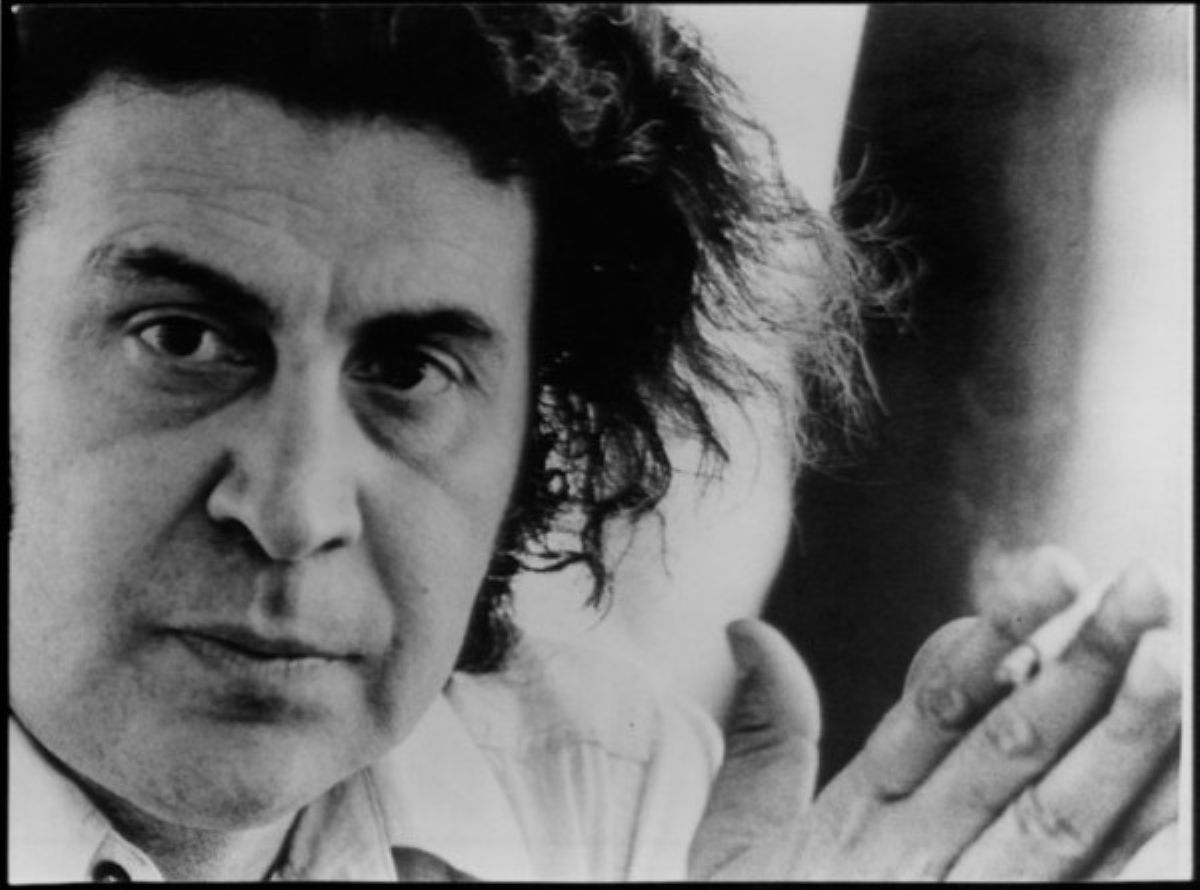
On Armed Resistance
Theodorakis believed that resistance should be both broad and inclusive, echoing the unity of the wartime National Liberation Front (EAM):
“The new Resistance had to take on a nationwide, popular character, with the Left serving as its moral core. Its actions needed to become increasingly dynamic—though always in proportion to our organizational strength and ideological clarity.”
Cautious but resolute, he warned against impulsive violence:
“We were against premature and desperate actions, which—due to their inevitable failure—would ultimately damage the people’s cause. Still, we agreed that if conditions allowed, we had no reason to rule out armed struggle within cities, as a form of resistance capable of delivering serious blows to the dictatorship.”
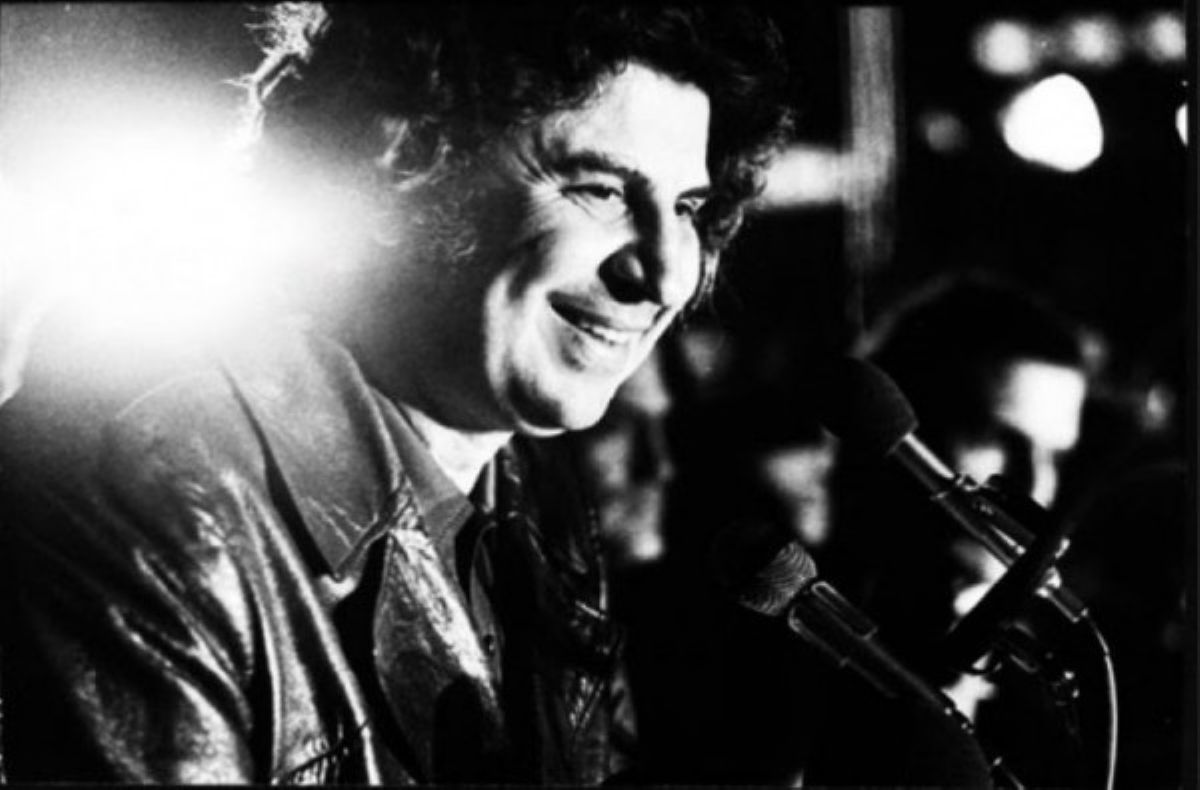
A Life Larger Than Music
Mikis Theodorakis was far more than a composer. He was a symbol of a people’s longing for freedom, dignity, and justice. His music, often intertwined with poetry and political message, gave voice to generations. And his life, both as an artist and a fighter, continues to stand as a testament to courage in the face of tyranny.




